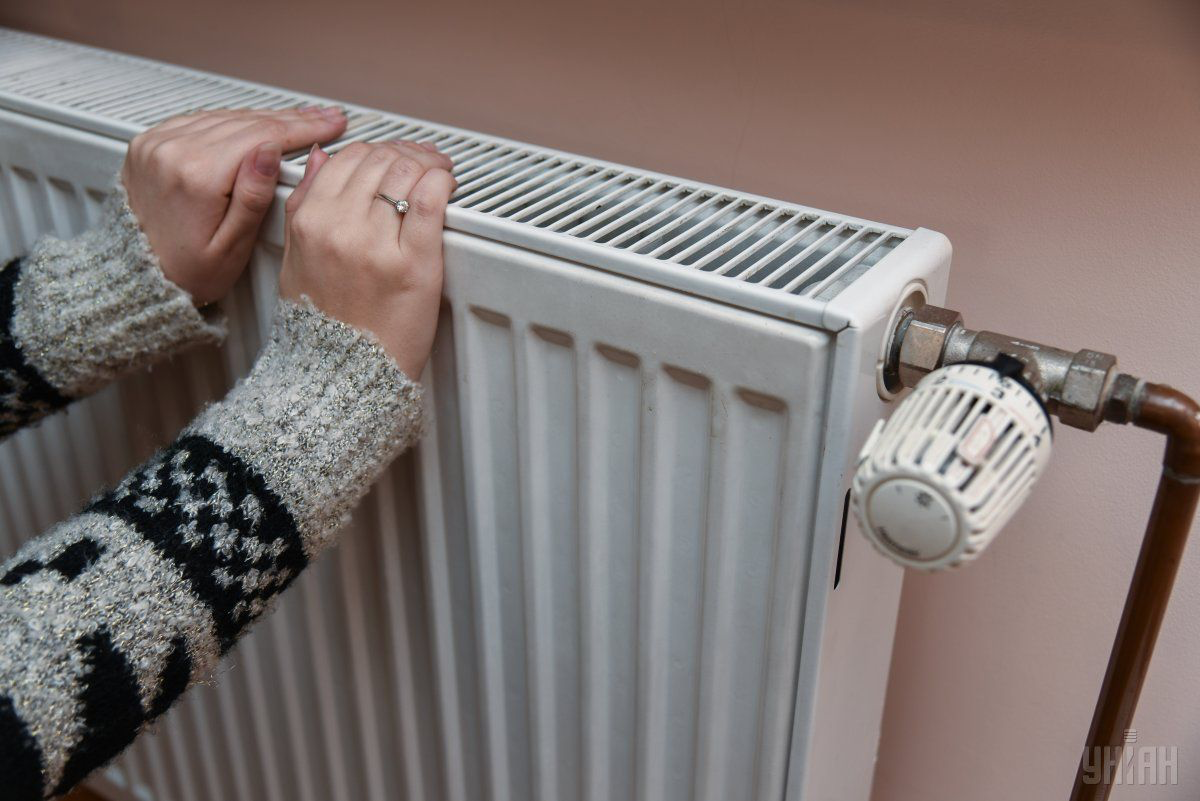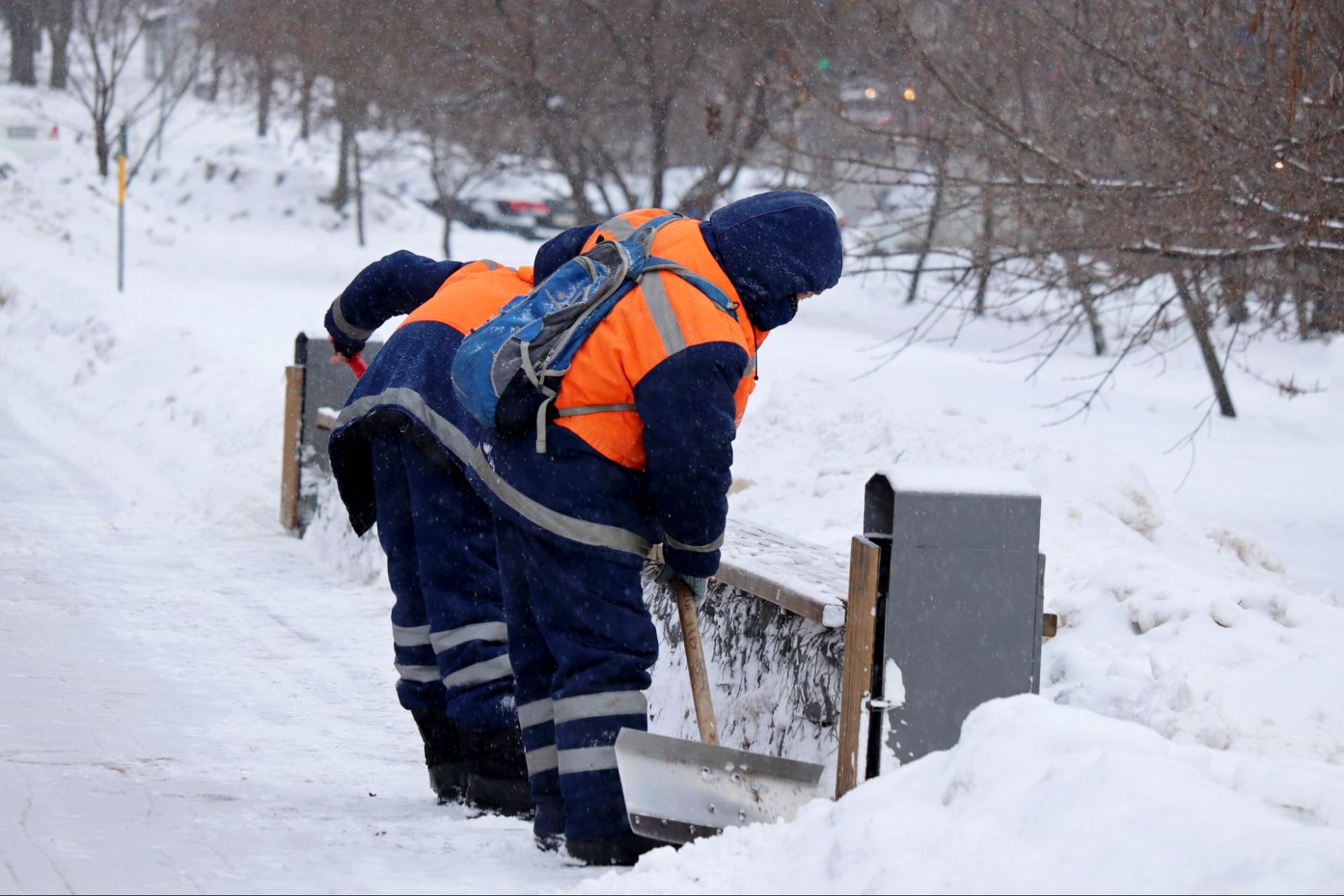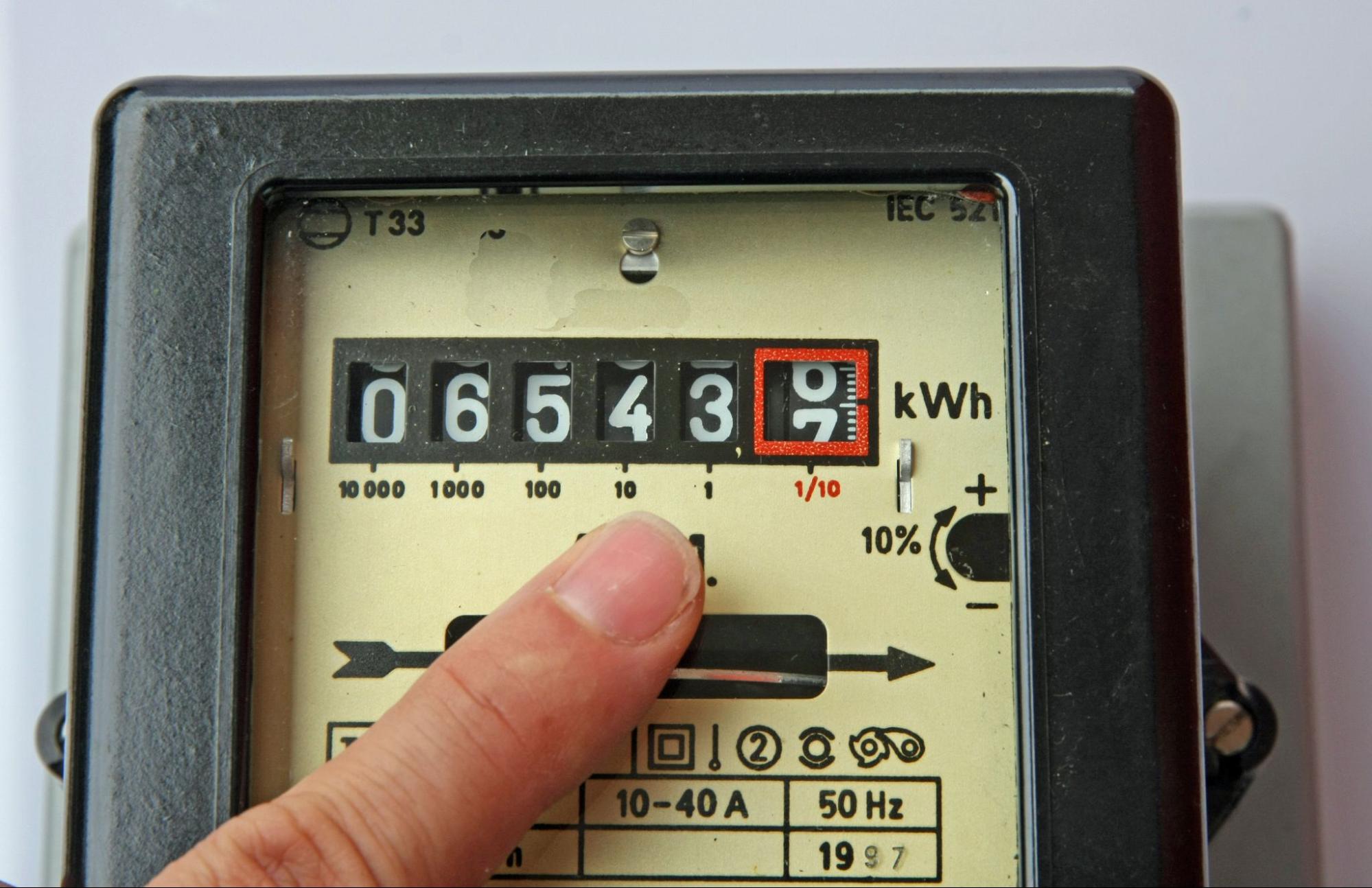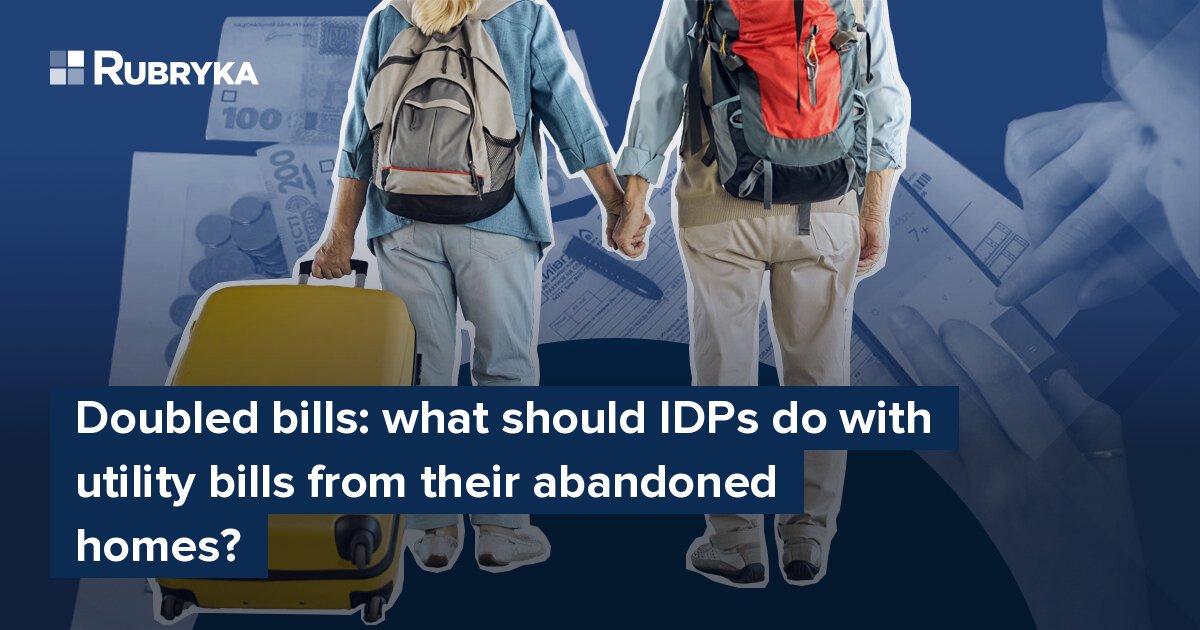
Rubryka found out whether internally displaced persons have to pay for two homes at the same time—rented at the new place of residence and for the one they are officially registered in. Are there ways to resolve the situation? What should be done now? Find out in the article.
What is the problem?
Paying for two accommodations at the same time
Due to russia's full-scale invasion of Ukraine, millions of Ukrainians are forced to leave their homes and look for a safer place to stay. If, since the beginning of the war in February-May, people left en masse abroad or to other regions of the country because their homes were destroyed by russian shelling and could not be restored, now residents of territories controlled by Ukraine are being forcibly evacuated. We are talking about the Mykolaiv, Zaporizhzhia, Kharkiv, Luhansk, and Donetsk regions, where heavy battles are still occurring between the Armed Forces of Ukraine and the russian army. This summer, the authorities in the Donetsk region announced a mandatory evacuation of the population due to heavy hostilities and the inability to guarantee safe conditions, the availability of utility services, or access to necessities (food, nutrition, a warm environment, etc.).
When a family leaves a dangerous region and looks for a new home with the hope of respite from explosions and shelling, another problem appears—the double rate for utilities: for a new home and one located in a dangerous war zone. This mainly applies to residents of multi-apartment buildings.

Photo: Volodymyr Hontar, UNIAN
When leaving a private house, a family can close all the meters, record the indicators, and explain to the utility services that they will not live there for a certain period. In apartments, however, charging occurs constantly without people having the possibility to shut down one or two of them from communal services. This mainly applies to heating because it will be centrally supplied to all apartments in multi-story buildings. In the end, a person will receive a decent bill for utility services after returning home from evacuation.
Maksym Velko and his family—his wife and two daughters with their children—left Kramatorsk for Chernivtsi at the end of March. Since the family moved out, the family continues to receive payments for electricity, and with the beginning of the heating season, for heat.
"The energy company is calling me. The meters are turned off, but they calculate the average charge for a month of consumption. They say that the bill is accrued and necessary to pay. I answered that I had evacuated and that I had no debt at the time of my departure. Now I need to reset the meter readings, but I can't do that," says Maksym Velko about his situation.

Maksym with his family. Source: Maksym's archive
There are currently many stories like Maksym's. With the beginning of mandatory evacuation from the Donetsk region, people continued to receive payments with large sums, which accumulated and turned into debt. Currently, the Donetsk region is gradually being connected to heating. Another bill will then start coming to Maksym's family for the heating.
What is the solution?
Advice from experts
Currently, there are no specific instructions in Ukraine on how IDPs should pay utility bills for surviving apartments. But you can learn the answer to the question "Do you have to pay at all?" from lawyers and human rights groups.
The public organization Donbas SOS actively deals with this issue. According to the organization's coordinator Violeta Artemchuk, the organization is working on canceling payment norms for migrants. Work is underway with the Ministry of Reintegration, but there is no comprehensive solution yet.
"In such a case, in general, you have to pay. But we, as a civil society organization, consider it unfair. And we are working on that. I can recommend several options. The first is to write on Facebook to Iryna Vereshchuk (Minister of Reintegration of the Temporarily Occupied Territories of Ukraine). She or her assistants can advise you there. The second is that you can wait and not pay yet. We are working," says Violeta Artemchuk.
The director of the Eastern human rights group organization and lawyer, Vira Yastrebova, persistently asks all subscribers to pay in the current situation. First, it is linked to the earnings of utility services and their employees in such challenging conditions today.
"All that is accrued, it will be accrued, unfortunately. During the entire time when a person evacuated, it will be necessary to pay for it. Utility workers believe that they provide their services. And people, when they flee and save their lives, do not have time to simply come to the service and write a refusal to receive utility services. On the other hand, employees of these services work in tough conditions. They also need to be supported," says Vera Yastrebova.

According to the lawyer, the bureaucratic mechanism in the country does not provide an opportunity to settle this issue. In addition, laws in Ukraine, as a rule, do not have a retroactive effect. That is, if the relevant resolution or clarification from the authorities is provided in the next month, the entire amount of the bill will have to be paid in full by the time of the adoption of the resolution.
"The question here is very differentiated. You can't compare the workers of utility services in Bakhmut and Chernivtsi, for example. It is clear to everyone that some residents left Chernivtsi abroad, and someone left the same Bakhmut. Of course, there is no safe place in the country right now. That's a fact. But the working conditions of utility services and safety for the population in these cities are different. This should be taken into account. Therefore, it can be done at the level of regional administrations. They will be able to take all these conditions into account," says Ms. Vira.
The Donetsk regional military administration explained that, at the moment, there is no exact solution, but work is also underway to settle this issue.
"The main points are decided on the ground. We have already discussed the need to reduce everything to one understandable form. For now, we are working on this direction," says Tetiana Ihnatchenko, spokeswoman for the Donetsk Regional Military Administration.
How does it work?
From the point of view of legislation…

Per Article 7 of the Law of Ukraine, "On Housing and Utility Services," payment for the supply of thermal energy is made even in the event of a person's temporary absence (more than 30 days) in the residential premises. At the same time, under the Decree of the Cabinet of Ministers of Ukraine dated March 5, 2022, No. 206, "Some issues of payment for housing and utility services during martial law," until martial law is terminated or abolished in Ukraine, it is prohibited to charge and collect fines or penalties, inflationary charges, annual interest, accrued as the debt due to untimely or incomplete payment by the population for housing and utility services. It is prohibited to terminate/suspend the provision of housing and utility services to the people in case of non-payment or payment not in full.
Another possible solution is to refuse utility services by a corresponding statement.
The non-residence can be confirmed by a certificate issued based on the act of confirmation of the fact of residence without registration/the fact of non-residence, signed by at least three neighbors. This is stated in the Law "On Housing and Utility Services." Also, if a person is registered but does not live at the address of registration, they should confirm the fact of the stay at another address with an appropriate certificate. This can be a document that confirms a person's place of stay in another administrative-territorial unit in connection with work, treatment, training, long-term business trip, serving a sentence, completing military service, a certificate of registration of an internally displaced person, etc.
Per Article 40 of the Law of Ukraine, "On Local Self-Government in Ukraine," the executive bodies of village, settlement, and city councils, in addition to the powers provided for by this Law, exercise other powers granted to them by law. Today, many local self-government bodies have adopted by their acts the procedures for issuing certificates on the actual place of residence (or non-residence) of a person. In light of today's events, this could be an IDP certificate.
According to Clause 5 of the second part of Article 8 of the Law, the executor is obliged to consider the claims and complaints of consumers within the term specified by the law and to make appropriate calculations of the amount of the payment for housing and utility services in the event of their non-provision or incomplete provision, and reduction of their quality. If all the documents are provided, then a person can receive a recalculation of the bill, but it may not be credited to the consumer.
Charges for utility services in the case of temporary absence from the consumer's residence can be suspended in the following ways:
- in the presence of installed meters — transferring the same indicators to the utility service provider online every month;
- in the absence of meters, apply to the utility provider for a temporary restriction of gas supply (water supply) and conclude an appropriate contract. Based on the agreement, the utility service provider seals the pipe.
Another alternative today in solving the problem of paying for heating is switching to an autonomous mode of operation, which allows the apartment consumer to independently choose when to turn on and off the heat supply in the house. But this procedure takes time and money. It is necessary to meet with neighbors and collect signatures for permission to disconnect from centralized heating. Then submit an application and protocol to local self-government bodies, and wait for the results. If the apartment (or the whole building) is disconnected from the central heating, the transition to autonomous operation will begin. The boiler and gas or electricity pipes will be connected to the customers.
In Ukraine, an autonomous heating system can be connected to a building with no more than ten floors. In addition, the transition is possible only in the off-season non-heating period.
Does it work?
So far, there is no single mechanism for solving the issue of utility bills for displaced people. All the structures we interviewed (state and legal) are aware of the problem and are trying to consider and solve it. At the same time, December is approaching with frosts and snow. And so is the full operation of centralized heating, which will immediately affect the bills of those who evacuated to other, safer cities.
Rubryka will follow the development of events and report on new decisions.
This article was created by the Rubryka online publication within the Ukraine Rapid Response Fund program, implemented by IREX with the support of the US State Department. The content is the sole responsibility of the Rubryka online publication and does not necessarily reflect the views of IREX or the US State Department.
Newsletter
Digest of the most interesting news: just about the main thing








